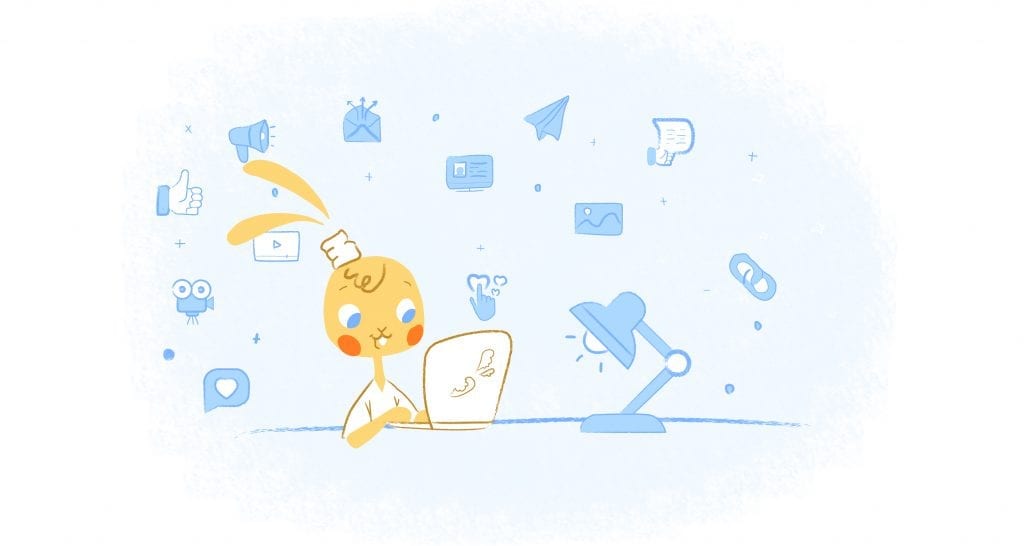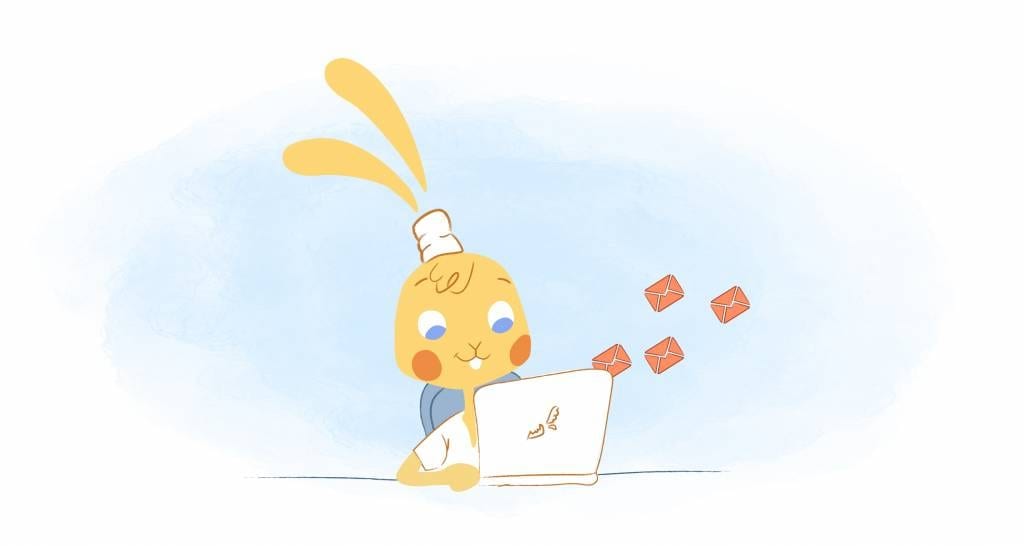

What was I doing again? Obviously, focus was not part of that conversation.
We’ve all walked into a room, only to have everything we were thinking of completely dashed from our mind. In a world of instant info at our fingertips, distractions are an almost imminent threat, and attention can be elusive. Here are 5 expert tips on keeping focus.
Minimize Multitasking
No matter how good you think you are at multitasking, your brain can only ever focus its entire attention on one thing at a time. For every bit of work you multitask, you waste energy you could have spent on completing the original task.
Even if you are impressively good at quickly switching between tasks, you aren’t really giving any of them your best effort. Multitasking at work may be impossible to completely avoid, but try to keep things at a minimum!
Make a List
Did you know that the human brain tends to remember incomplete tasks instead of completed tasks? This is called the Zeigarnik effect. Trying to remember all the incomplete assignments can damage your focus and attention.
For those moments when you have a million things to do, but only a certain amount of time to do them; make a list, and prioritize.
The Zeignarik effect might cause you to be so focused on remembering what is incomplete, that you don’t focus on what you’re doing. Listing out the things you hope to achieve in the day will vastly improve your ability to accomplish them by limiting the amount of time you spend on what else is left to do.
Meditation
Our brain is impressively effective at getting distracted. “Distractions signal that something has changed,” says David Rock, author of Your Brain at Work. “A distraction is an alert, ‘Orient your attention here, now; this could be dangerous.'” Our brain’s reaction is unconscious and virtually unstoppable.
That being said, the brain is also a muscle, you gotta work it out. Meditation has proven an effective tool in helping maintain focus for longer periods of time. By practicing mindfulness meditations, you can improve your focus, eliminate stress, and get a brain workout!
Take a Break
You have no idea how often I have to set a calendar reminder to take a break. Many experts agree that taking breaks is necessary for focus. There is definitely a time and a place to hunker down and make sure you get what needs to be done, well, done. But hunching over your computer for hours at a time is neither healthy, or helpful.
Staying in one place throughout the day, without any breaks will definitely put a strain on your focus.
Sometimes the best remedy for focus is plain and simple; take a break, get out of the current space, and allow your mind to wander. (Yes, sometimes distractions are a good thing.)
Know Yourself and Schedule it Out
Humans have an internal body clock that basically regulates when you are most likely to be awake, alert, attentive, and able to focus. The average person’s best time for fantastic work is early morning, or late evening.
The after lunch lag isn’t just you, our body naturally slows attentiveness around 12-4pm. This means that the most important tasks or meetings generally shouldn’t be scheduled around 2pm.
I didn’t think I was a morning person until I had a job that literally forced me out of bed each morning, at five. I soon found that my mind felt clearer than it had when I was waking up after eight. But everybody is different, the point is to figure out your body clock, and schedule out essential tasks (lists come in handy here!) for your optimal time of focus.
Focus can seem like an insurmountable wall, but by reducing multitasking, making a list, taking short but effective breaks, practicing mindfulness meditations, figuring out your optimal focus time, and scheduling things during that time, you too can improve attention and keep focus throughout the day.











Angela Ruth
My name is Angela Ruth. I aim to help you learn how Calendar can help you manage your time, boost your productivity, and spend your days working on things that matter, both personally and professionally. Here's to improving all your calendars and becoming the person you are destined to become!